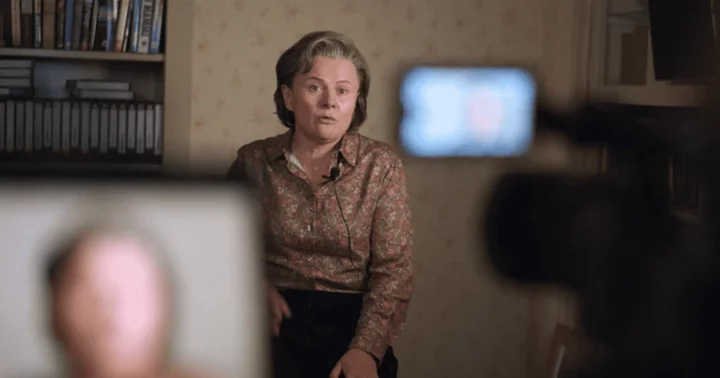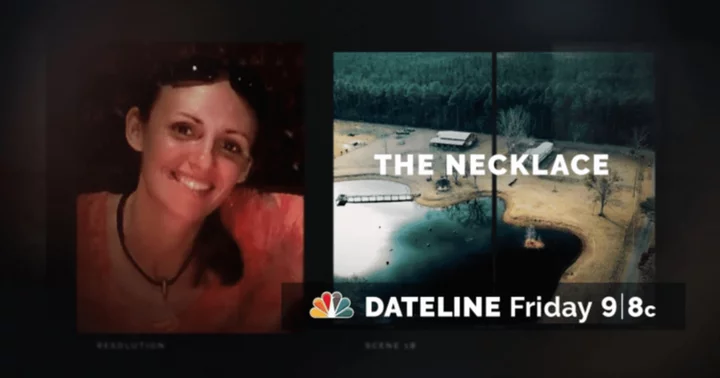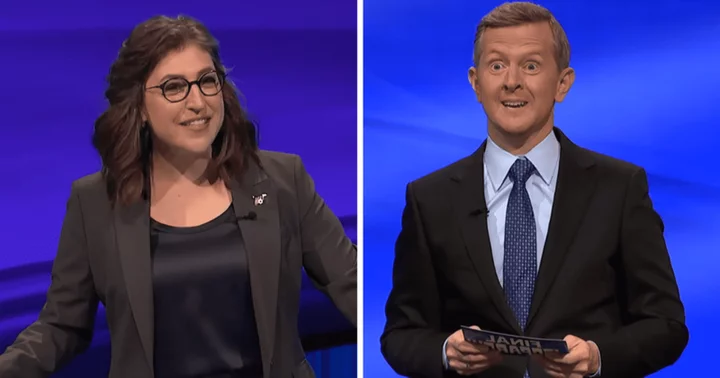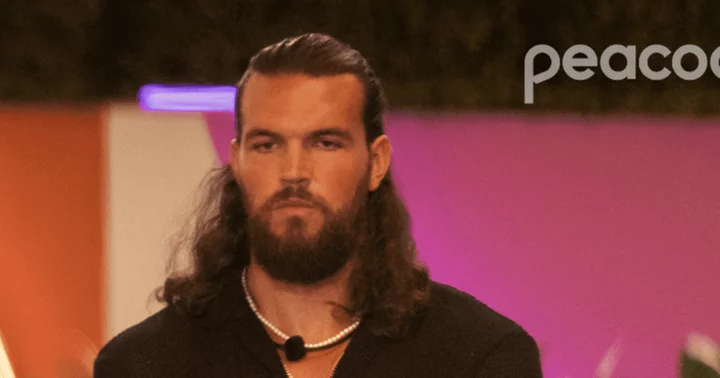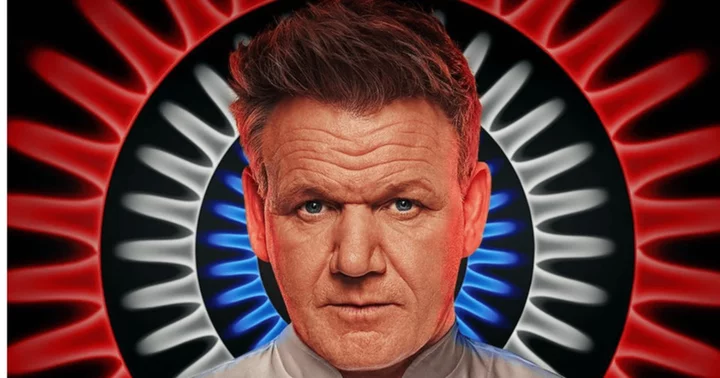Warning: Spoilers for 'Black Mirror' Season 6
LOS ANGELES, CALIFORNIA: The Netflix dystopian anthology series ‘Black Mirror’ has had the particular shtick of making social and political commentary on the concerning use of technology and its interaction with everyday human beings. From the social credit system and immersive metaverse to human clones and of course, a simulation, are all the things the creator and writer Charlie Brooker has already explored. With no stone left unturned, in an interesting similarity between the first two episodes, Brooker seems to be targeting streaming services and content creation in the new season.
Fans have taken to social media to share their speculations related to these two specific episodes as Brooker was not exactly subtle about it. And obviously, it is quite shocking that Netflix would go along with something that basically points a finger at what it is selling to viewers. So, let’s delve a little deeper into these episodes to find out how the two films critique our current glut of content, most of which is reality TV programming.
Streamberry and the commodification of stories
The first two episodes of the series are ‘Joan is Awful’ and ‘Loch Henry’. Both of them include a made-up streaming service called Streamberry, the former more so than the latter. But is it just made-up? Not at all. The films are not at all hiding the fact that Streamberry is completely based off of Netflix, from the logo and aesthetics down to the unforgettable tu-dum sound effects. What is important to note here is that Streamberry is basically villainized in both the episodes for in-story reasons.
‘Joan is Awful’ follows a simulation setting wherein the streaming service is basically stealing and cloning the identities of people to create shows. Emotional manipulation is a significant part of this along with major surveillance of everyone’s lives to the point that no one can even tell they are being surveilled. The episode also involves popular criticism made against streaming services like Netflix, including Salma Hayek’s, “They have taken one hundred years of cinema and diminished it to an app.” It highlights the loss of individual value of films and TV shows with the way streaming services capitalize on them, especially through negative narratives in reality TV content.
Fans seemed to find it interesting that Netflix approved such an episode. In a Reddit discussion about the 'Joan is awful' episode, one user wrote, “Netflix releasing an episode now about a stand-in for their streaming service not paying talent what they should as well as issues related to actors and AI feels like extremely perfect timing.” Another post on the thread read, “Is this Netflix’s way of telling us to read the terms and conditions before getting mad at them for all their changes.”
Another fan reviewed the episode, saying, “The optimistic ending is an ironic rug pull for anyone rooting for a bleak ending, considering the message of the episode was that shows get the highest engagement by reflecting the most misery.”
‘Loch Henry’ slammed Netflix’s for true crime 'obsession'
The second episode ‘Loch Henry’ follows a couple, Davis and Pia, who decide to make a documentary film on a dark incident that happened in a Scottish town. The episode brought up the recent surge in true crime mysteries and documentaries on the app and their growing popularity among audiences. Although sharing true events, the documentary format itself has recently failed in many ethical ways, which is the major concern of this episode.
The recently released true crime anthology ‘Dahmer’ came under fire for similar reasons as it further glamorized the serial killer. Similarly, the show talks about how a gruesome crime can lead to the popularity of a dead town which sees no tourists every year. The documentary format romanticizes several aspects of real crimes against real people, dehumanizing them in the process. The episode takes the exact twist in the end as the couple’s documentary brings 'Loch Henry' the popularity but disregards Pia’s death and Davis’ trauma from realizing truths about his family.
Fans of the show shared similar sentiments in another Reddit thread about Episode 2. One viewer shared, “Interesting commentary on true crime. We consume all these brutal stories, yet we don’t care about the lives that have been forever changed or lost, for the story to get told. Hell, the scene at the end where people in the pub are wearing the red mask are the perfect example of this.” Another user said about the first two episodes, “I think it's more about social commentary: We know Netflix does bad things (e.g. ban password sharing, making horrible live-action adaptions no one asked for, etc) yet we are all here, discussing a Netflix show because we all still use it.”
The new season of 'Black Mirror' will be streaming on Netflix from June 15, 2023.

